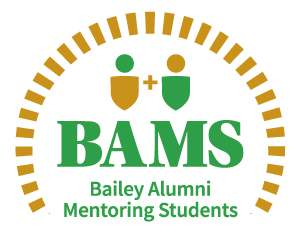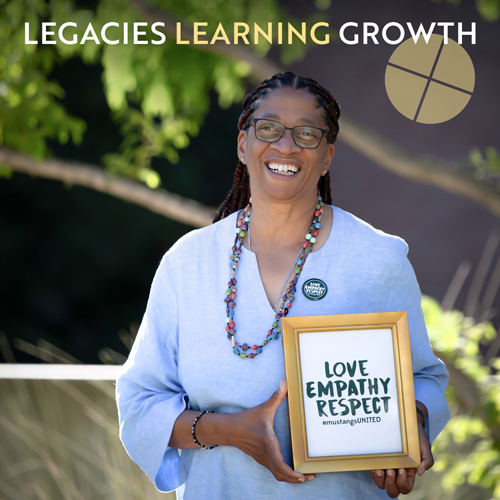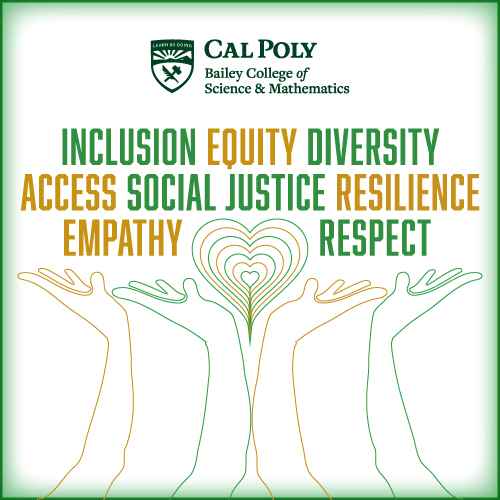Ramadhan

Editor's Note:
Liberal studies alumna Trisha Huynh (B.S., 2014) spent a year in Malaysia as part of the Fulbright English Teaching Assistant program in 2015. She shares her experiences in a series of reflections. Here she describes her arrival and orientation programs.
Use the links below to jump between sections:
During Ramadhan, Muslims fast from sunrise to sunset, rising early in the morning to eat breakfast and waiting patiently all day to break their fast with a big meal. The fast lasts for 30 days, and because it is one of the five pillars of Islam, it is a huge event throughout Malaysia.
On the first day of Ramadhan, I rose early to partake in the ritual with my students. At 5 a.m., I ate my breakfast, or suhoor, taking care to eat lots of protein and drink plenty of water. After a quick one-hour nap, I prepared for school. At 9 a.m., I felt fine. Great, even. This was such an exciting new holiday!
My students and fellow teachers had come to me, excited, wondering whether I was fasting. Their faces shone with delight when they heard that I was — they were pleased to share this part of their culture with me. Their excitement helped me stay motivated.
At 11 a.m., I felt slightly parched and knew that my body would soon need food. By 1 p.m., all I could think about was my rumbling, empty stomach and my dry mouth. I found myself concentrating harder to focus on what others said and walking slowly to conserve energy.
In class, students asked question after question. While this was a regular occurrence, I felt unusually vexed and had to coerce myself to respond rationally.
By 3 p.m., I was exhausted and caught a ride home with my roommate rather than walking. I went straight to my room and proceeded to simply lie in bed. I had no energy to read or watch television, and working on my computer was out of the question. I just stared into space until I fell into a long, fatigued nap.
At 6 p.m., I finally rolled out of bed, tired but a bit more alert. There was only an hour and a half until iftar, or breaking fast. I stumbled back into my car and drove to a restaurant in town to get together with teaching assistant friends to celebrate our first ever Ramadhan.
At 7:20 exactly, we broke open our water bottles and took good, long swigs. It felt amazing to be hydrated again. After waiting a few minutes to let our stomachs digest the liquid, we dug into our plates, piled high with food. Never before has a meal tasted so good — the texture of the rice, the flavors of the sweet and tangy chicken, the refreshing coolness of the water.
Throughout the 30 days, I observed as all restaurants and food stalls shut down during the day. In their place was the bazaar Ramadhan, a special market which served already prepared meals — entire rotisserie chickens, bags of fresh sugarcane juice, and boxes of rice and curried fishes — to buy for breaking fast. Community members crowded into markets and grocery stores, hoping to secure the proper ingredients for the iftar meal they had been dreaming of all day.
As the holiday dragged on, the mood changed. While my students were usually boisterous in class and pestered me with questions, during Ramadhan they became sedentary, obedient workers. Exhausted from the toll of fasting, most of them fell asleep in class and developed severe colds.
The purpose of fasting for Ramadhan is to gain greater compassion for those without the means to afford basic life necessities, such as food and drink. It allows participants to be thankful and content with what they already have. Patience, self control and religious devotion are strengthened during the challenging month.
Most importantly, though, it bonds the community. During the span of thirty days, I observed as this shared experience — partaking in the feat of fasting for thirty days, experiencing daily hunger and thirst, engaging in lengthier prayers, and meeting for communal iftar meals — created a sense of Muslim pride and unity among students, teachers and local community members.
On the last day of Ramadhan, I was invited to my school to participate in the last iftar of the year. My students were dressed in beautiful, brightly colored baju kurungs and baju melayus and whispered to each other with excitment. All the teachers arrived, eager to share this last special meal with their community. A frenzied dash for seats ensued — students sitting with students, teachers finding space for their entire families, and friends seeking friends.
As the minutes to iftar counted down, everyone piled their plates high with dates, mounds of white rice, freshly fried fish, and succulent fresh vegetables. At 7:22 on the dot, the call to prayer sounded. Everyone’s hands raised in prayer position as they closed their eyes and bent their heads to pray to Allah. After the pensive moment, we all dug into our food.
First, the dates, to warm the stomachs up for a belly-bursting meal. Then, sips of water and finally, the main course. Although it would typically be considered an everyday meal in Malaysia, this dinner was absolutely luscious after a full day of fasting.
As we ate, I listened in on the teachers’ conversations about what the past month had meant to them. To some, it was a way to get closer to Allah. To others, it was a way to test strength and perseverance. To everyone, it was a chance to become more reflective and grateful for the small blessings in their daily lives — employment, shelter, family and food.
I peeked over at my students, watching them devour their foods. Their faces radiated pure joy. At the young ages of 11 to 17, they had made it through this trying month, and I felt nothing but pride and respect for them. I slowly soaked in the scene around me — the lighthearted mood, the roaring laughter, the excited chatter — and could not help but reflect on how incredibly fortunate I was to be welcomed by this community, to partake in this shared experience, and to soak in all that Malaysia had to offer.




